|
Keith Maitland's film on a notorious college campus shooting takes festival's top doc prize Within a few miles of the main hub of SXSW sits the University of Texas campus, site of the one of the most notorious shootings in U.S. history. There, in August 1966, UT student Charles Whitman shot to death more than a dozen people, firing upon many of his victims from the university's landmark Tower structure. Bullet marks from his attack are said to still be visible on parts of the campus. This mass school shooting, the preamble to so many others, is the subject of Keith Maitland's Tower, which won the Grand Jury Prize for documentary at the SXSW festival Tuesday night. "The first mass American school shooting in 1966 opened the door to a phenomenon that is all too prevalent," Maitland told the audience at the Paramount Theatre. "It’s something that I don’t understand. But what I have come to understand over the last four years working on this film is the resilience of the human spirit." Maitland earlier in the evening won the Louis Black "Lone Star" Award, named for the festival's co-founder. His documentary combines recollections of survivors with audio and other archival material from the 1966 shooting, which terrorized the campus for 90 minutes before the sniper was himself killed by a police officer. Maitland used rotoscope animation techniques to create visuals for the audio archive material. "[Mass shootings are] a subject people don’t want to talk about so we have made it as interesting-looking as we could just so we can get to the point," Maitland said. In awarding its top prize to Maitland's film, the SXSW jury said the documentary “puts the horror right in our bloodstreams… Tower invokes the humanity of its victims, its heroes and its survivors with grace and immediacy.” The top prize for documentary short went to These C*cksucking Tears directed by Dan Taberski, the story of Patrick Haggerty, who in 1973 recorded the first (and only??) gay-themed country album, "Lavender Country." Haggerty, who is now in his 70s, was on hand for the awards ceremony, and his remarks from the podium were an emotional highlight of the night. "I’m completely overwhelmed," he told the crowd in a speech interrupted several times by applause. "I want to thank my father, who hasn’t been on the planet for 55 years. He knew he had the biggest sissy in Clallam County on his hands in 1952. He never once put me down. He never once said, “Don’t do that.” I did drag shows. I went to the Catholic talent show competition in full drag… He never said, “I’m ashamed of you...” Not one time did he ever put me down. What he wanted me to do was not sneak or I would lose my immortal soul. Thank you, dad." For his part, Taberski said, "That album ["Lavender Country"] came out the year I was born. I didn’t have the courage to come out until 26 years later. I was married to a woman at the time. I too have had an interesting life." Before turning the podium over to Haggerty, Taberski said, "It’s been such a crazy, wonderful experience… to just spend a year or two getting to know somebody and it’s been such a pleasure to get to know this man." Among the other doc winners were Matt Ornstein, director of Accidental Courtesy: Daryl Davis, Race & America, which was honored for "Portrait Documentary." The film tells the story of Davis, an African-American musician who meets with KKK members in his spare time in hopes of getting to rethink their racism.
The Seer, directed by Laura Dunn and shot by Lee Daniel, earned special jury recognition for its cinematography. Robert Redford and Terrence Malick executive-produced the documentary, which focuses on the writer and environmentalist Wendell Berry, who has championed agrarian life in his prose. |
AuthorMatthew Carey is a documentary filmmaker and journalist. His work has appeared on Deadline.com, CNN, CNN.com, TheWrap.com, NBCNews.com and in Documentary magazine. |
- Home
- News
- Videos
-
Galleries
- 2019 Tribeca Film Festival
- Full Frame Documentary Film Festival
- 2019 SXSW Film Festival
- SXSW 2018 Gallery
- 2019 Sundance Film Festival
- Outfest 2018 Photo Gallery
- Outfest 2017
- Sundance 2018 Photos
- 2017 LA Film Festival
- 2017 Cannes Film Festival
- Tribeca Film Festival 2017
- SXSW 2017 Gallery
- 2017 Berlin Film Festival
- Sundance 2017 Gallery
- 2016 Los Angeles Film Festival
- Cannes Film Festival 2016
- SXSW 2016 Gallery
- Berlinale 2016 Gallery
- Sundance 2016 Gallery
- Filmmaker Gallery
- About
- Contact
Proudly powered by Weebly
- Home
- News
- Videos
-
Galleries
- 2019 Tribeca Film Festival
- Full Frame Documentary Film Festival
- 2019 SXSW Film Festival
- SXSW 2018 Gallery
- 2019 Sundance Film Festival
- Outfest 2018 Photo Gallery
- Outfest 2017
- Sundance 2018 Photos
- 2017 LA Film Festival
- 2017 Cannes Film Festival
- Tribeca Film Festival 2017
- SXSW 2017 Gallery
- 2017 Berlin Film Festival
- Sundance 2017 Gallery
- 2016 Los Angeles Film Festival
- Cannes Film Festival 2016
- SXSW 2016 Gallery
- Berlinale 2016 Gallery
- Sundance 2016 Gallery
- Filmmaker Gallery
- About
- Contact

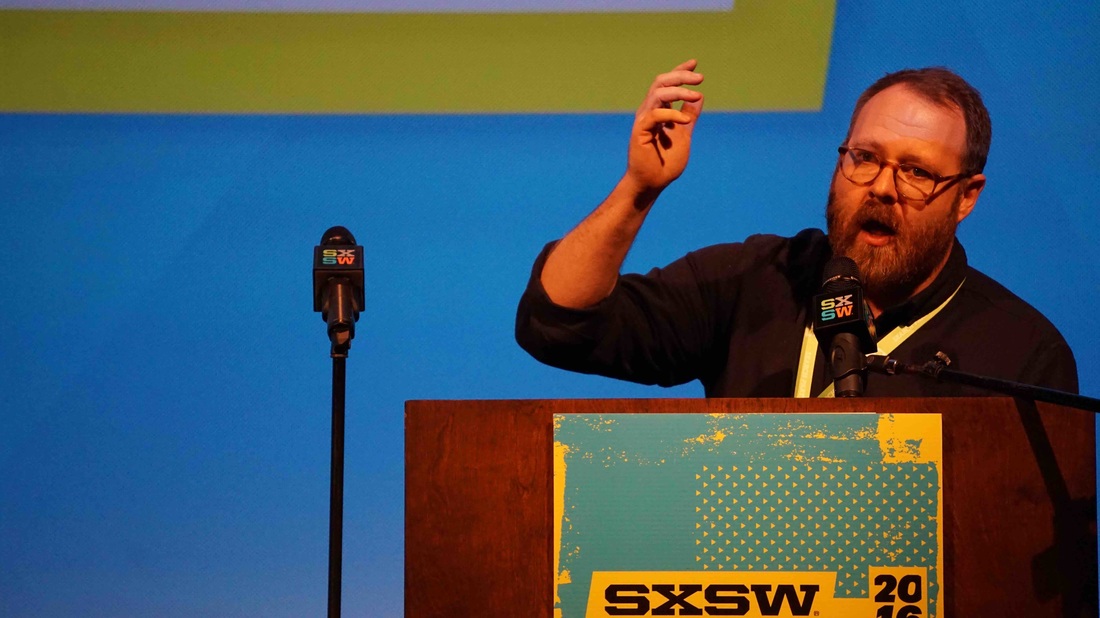
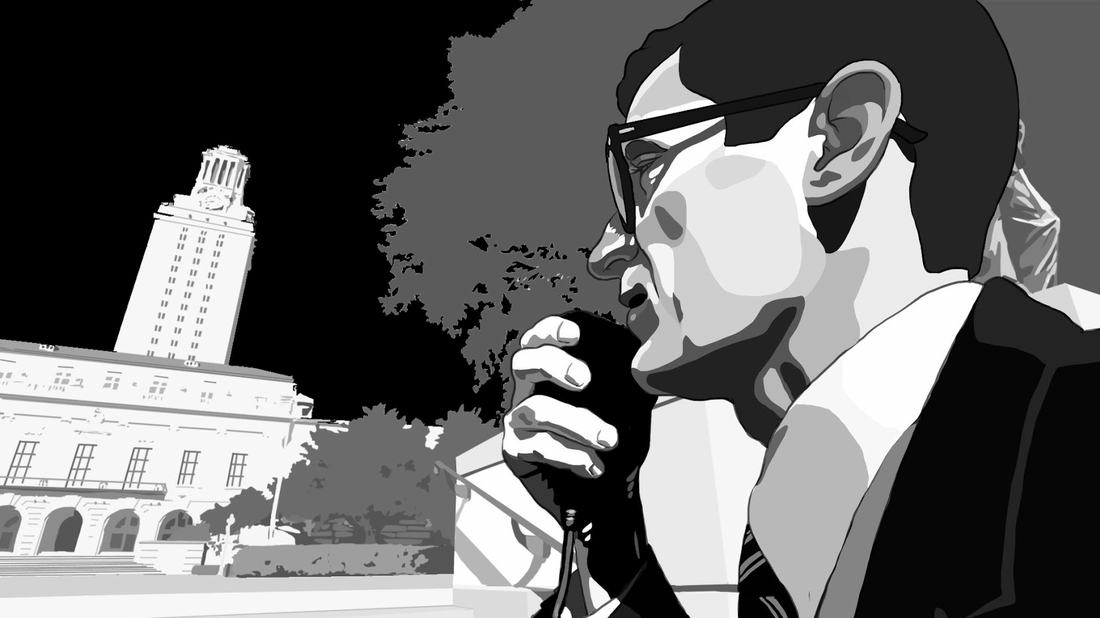
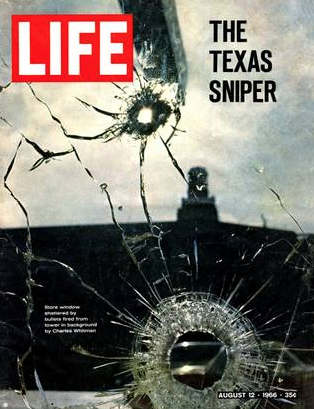
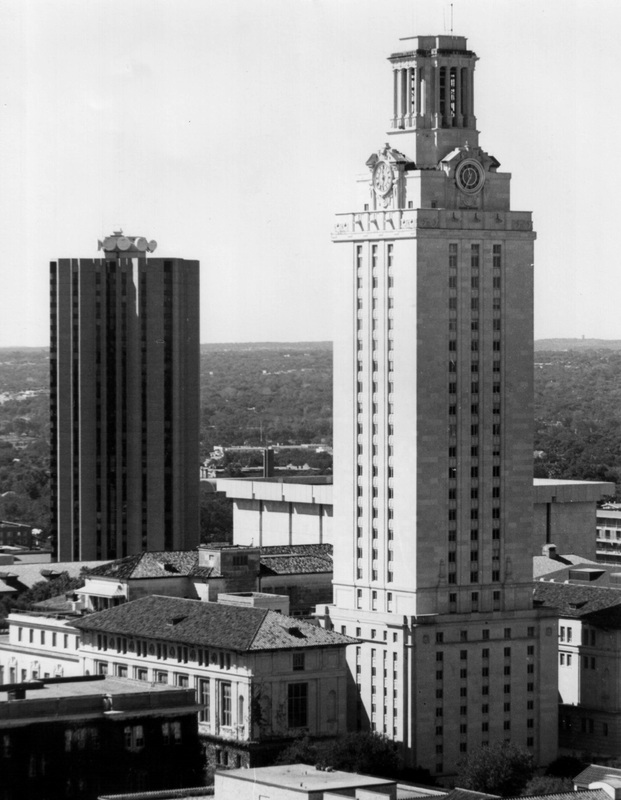
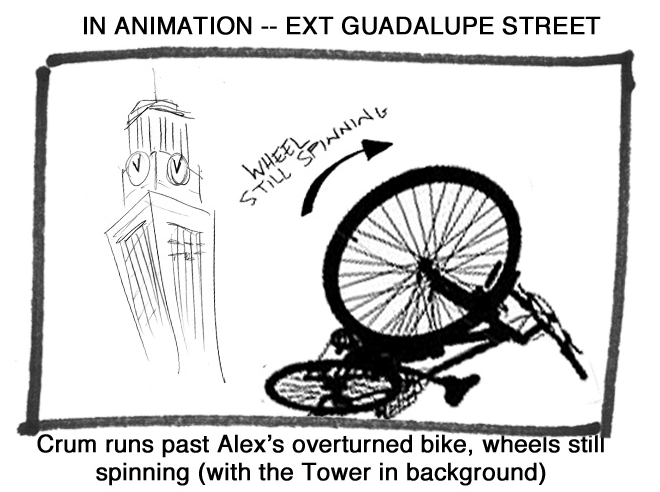
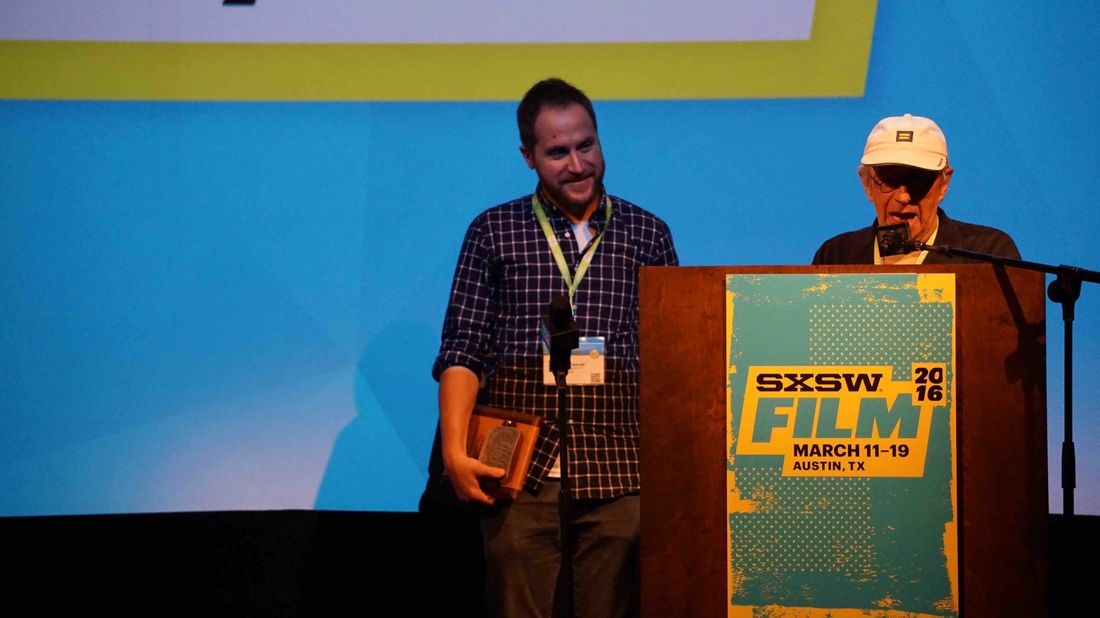

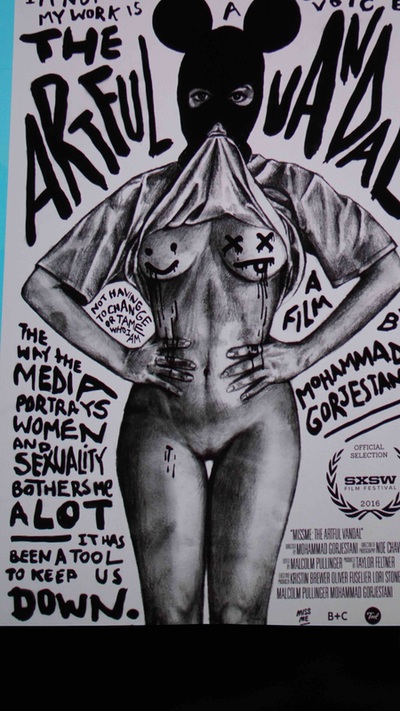
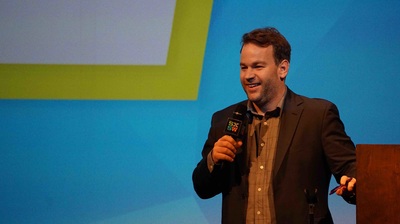
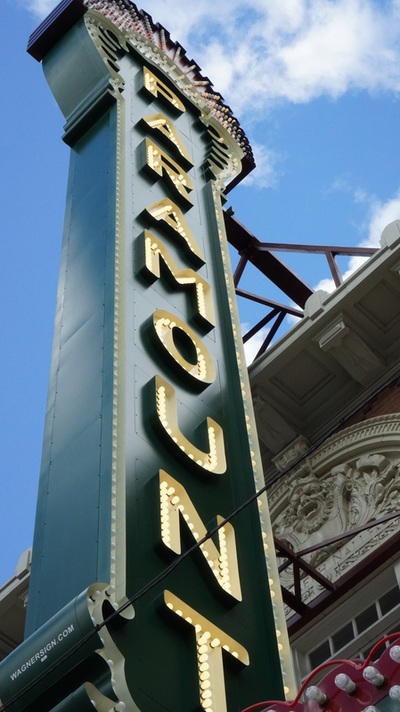
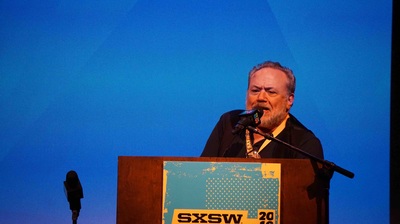
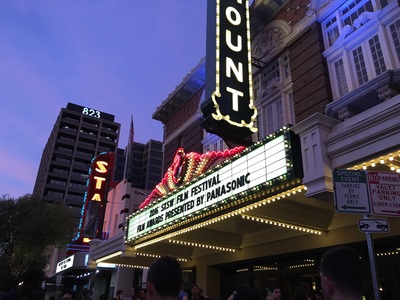
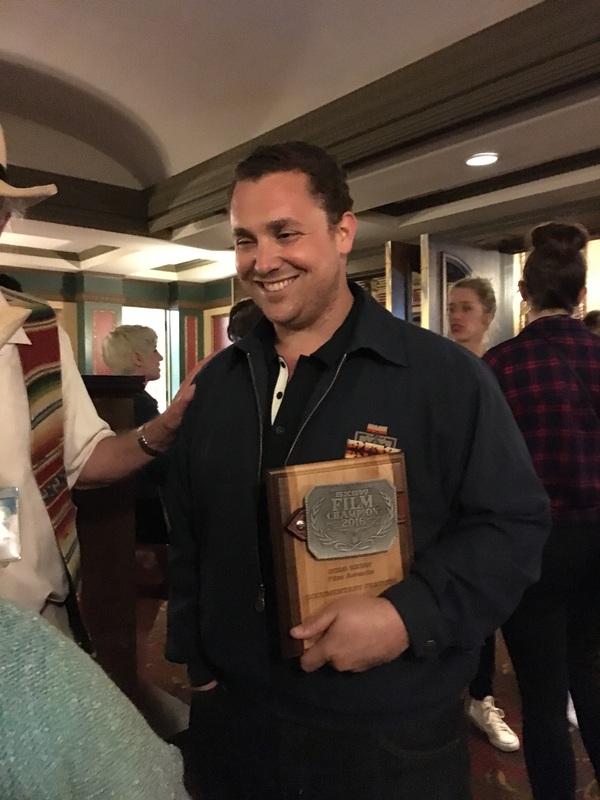
 RSS Feed
RSS Feed